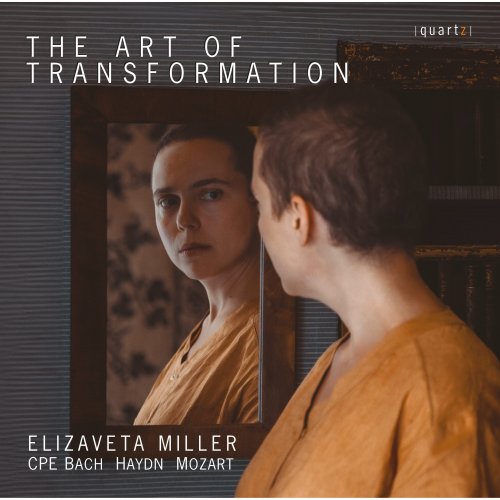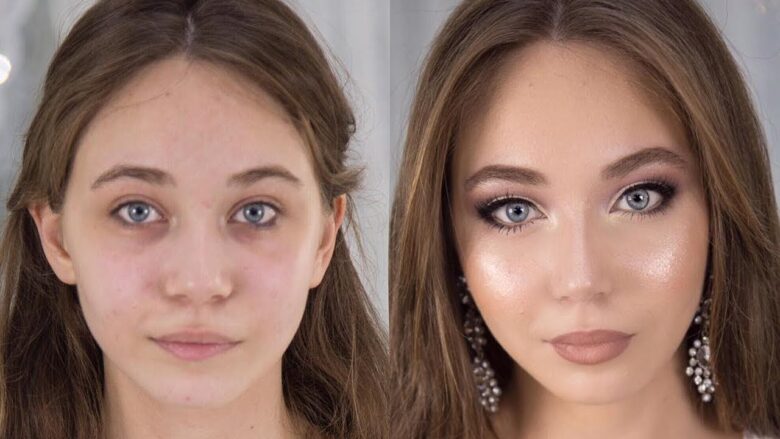The Art of Transformation: A Comprehensive Guide to Makeup Education and Training
Related Articles: The Art of Transformation: A Comprehensive Guide to Makeup Education and Training
Introduction
In this auspicious occasion, we are delighted to delve into the intriguing topic related to The Art of Transformation: A Comprehensive Guide to Makeup Education and Training. Let’s weave interesting information and offer fresh perspectives to the readers.
Table of Content
The Art of Transformation: A Comprehensive Guide to Makeup Education and Training

The world of makeup artistry is a captivating blend of creativity, technical skill, and artistry. It is a field that empowers individuals to enhance natural beauty, express themselves through color and form, and transform appearances for various purposes, from everyday wear to theatrical productions. However, mastering the art of makeup requires more than just an intuitive understanding of colors and textures. It necessitates a structured approach, encompassing theoretical knowledge, practical skills, and a keen eye for detail. This is where makeup education and training come into play, providing a solid foundation for aspiring artists to flourish.
Understanding the Landscape: A Glimpse into the World of Makeup Education
Makeup education and training encompass a diverse range of programs, catering to various skill levels and career aspirations. From introductory workshops to comprehensive diploma programs, the options are plentiful, each offering unique learning experiences and pathways to success.
1. Introductory Workshops: A Foundation for Exploration
Introductory workshops provide a gentle introduction to the world of makeup. They are ideal for beginners seeking a taste of the art form or individuals interested in learning basic techniques for personal use. These workshops typically cover:
- Understanding Skin Types and Tones: Participants learn to identify different skin types and tones, enabling them to choose suitable products and techniques.
- Basic Makeup Application Techniques: Workshops cover essential techniques like foundation application, eyeshadow blending, and lip contouring, equipping participants with the foundational skills for everyday makeup.
- Product Knowledge: Participants gain exposure to a range of makeup products, including their purpose, application, and benefits.
2. Certificate Programs: Building a Solid Skillset
Certificate programs offer a more structured and in-depth approach to makeup artistry. They provide a comprehensive curriculum, covering a wider range of techniques and product knowledge. These programs typically include:
- Advanced Makeup Application Techniques: Participants delve into advanced techniques like airbrushing, special effects makeup, and bridal makeup, expanding their skillset to cater to various needs.
- Color Theory and Harmony: A deeper understanding of color theory and its application in makeup is emphasized, enabling participants to create harmonious and impactful looks.
- Product Knowledge and Application: Participants gain a comprehensive understanding of various makeup products, their ingredients, and application methods.
- Portfolio Development: Certificate programs often incorporate portfolio development, guiding participants in creating a professional showcase of their skills.
3. Diploma Programs: Cultivating Expertise and Professionalism
Diploma programs offer the most comprehensive and rigorous training in makeup artistry. They provide a complete immersion in the art form, covering advanced techniques, business acumen, and industry standards. Key aspects of diploma programs include:
- Advanced Makeup Techniques: Participants master advanced techniques like high fashion makeup, editorial makeup, and character makeup, expanding their creative range.
- Business and Industry Knowledge: Diploma programs equip graduates with essential business skills, including marketing, branding, and client management, preparing them for a successful career.
- Industry Standards and Safety Practices: Participants learn about industry standards, hygiene practices, and safety protocols, ensuring they adhere to professional guidelines.
- Portfolio Development and Industry Connections: Diploma programs emphasize portfolio development and provide networking opportunities with industry professionals, facilitating career advancement.
4. Specialized Courses: Focusing on Specific Disciplines
For individuals seeking to specialize in specific areas of makeup artistry, specialized courses offer targeted training. These courses cover niche areas like:
- Special Effects Makeup: Courses delve into the techniques and materials used to create realistic special effects for film, television, and theater.
- Airbrush Makeup: Specialized courses focus on the art of airbrush makeup, covering techniques, product knowledge, and safety protocols.
- Bridal Makeup: Courses cater to the specific needs of bridal makeup, covering techniques for creating timeless and elegant looks.
- Prosthetics and Sculptural Makeup: Courses focus on the creation of prosthetics and sculpted makeup for film, television, and theater.
The Importance of Choosing the Right Program:
Choosing the right makeup education program is crucial for achieving success in the field. Several factors should be considered:
- Program Curriculum: Evaluate the program’s curriculum to ensure it aligns with your career goals and interests.
- Instructor Experience and Expertise: Seek out programs led by experienced and qualified instructors who possess a strong understanding of the industry.
- Accreditation and Recognition: Look for programs accredited by reputable organizations, ensuring the quality of education and industry recognition.
- Practical Experience and Portfolio Development: Choose programs that offer ample practical experience and opportunities for portfolio development.
- Industry Connections and Networking Opportunities: Programs with strong industry connections can provide valuable networking opportunities and potential career pathways.
Benefits of Makeup Education and Training:
Investing in makeup education and training offers numerous benefits, laying the foundation for a successful career in the beauty industry:
- Enhanced Skills and Knowledge: Structured education provides a comprehensive understanding of makeup techniques, product knowledge, and industry standards, enabling artists to excel in their craft.
- Professional Credibility: Formal education and certifications lend credibility to makeup artists, showcasing their expertise and commitment to the profession.
- Career Advancement Opportunities: Education opens doors to higher-paying positions, specialized roles, and opportunities for growth within the industry.
- Industry Recognition: Accreditation from reputable organizations enhances industry recognition, increasing marketability and attracting clients.
- Confidence and Professionalism: Education instills confidence in artists, enabling them to approach clients with professionalism and expertise.
FAQs Regarding Makeup Education and Training:
1. What are the prerequisites for enrolling in makeup education programs?
Prerequisites may vary depending on the program. Most programs require a high school diploma or equivalent, while some may require prior experience in the beauty industry.
2. How long do makeup education programs last?
Program duration varies depending on the level of study. Introductory workshops typically last a few days or weeks, while certificate programs range from several weeks to a few months. Diploma programs can take several months to a year or more.
3. What are the costs associated with makeup education?
Costs vary depending on the program’s length, curriculum, and institution. Introductory workshops are generally more affordable than certificate or diploma programs.
4. What are the career opportunities available after completing a makeup education program?
Graduates can pursue various career paths, including:
- Freelance Makeup Artist: Working independently for clients, including weddings, events, and photoshoots.
- Salon Makeup Artist: Providing makeup services at salons or spas.
- Film and Television Makeup Artist: Working on film, television, and theater productions.
- Special Effects Makeup Artist: Creating realistic special effects for film, television, and theater.
- Beauty Blogger or Influencer: Sharing makeup tips and tutorials online.
- Makeup Educator: Teaching makeup artistry at schools or workshops.
5. Are there any scholarships or financial aid options available for makeup education?
Some institutions offer scholarships or financial aid options for makeup education. It is advisable to inquire about these options during the application process.
Tips for Choosing and Succeeding in Makeup Education and Training:
- Research and Compare Programs: Thoroughly research different programs, comparing curriculum, instructors, accreditation, and costs to find the best fit.
- Attend Information Sessions and Open Days: Attend information sessions and open days to learn more about the program and ask questions.
- Read Reviews and Testimonials: Read reviews and testimonials from past students to gain insights into the program’s quality and effectiveness.
- Network with Industry Professionals: Attend industry events and connect with makeup artists to gain valuable insights and potential career opportunities.
- Develop a Strong Portfolio: Focus on building a high-quality portfolio showcasing your skills and creativity.
- Stay Up-to-Date with Industry Trends: Continuously learn and adapt to the ever-evolving world of makeup trends and techniques.
Conclusion:
Makeup education and training are essential for aspiring artists seeking to build a successful career in the beauty industry. By investing in structured learning, individuals can acquire the skills, knowledge, and professional credibility necessary to excel in this dynamic and creative field. Whether pursuing introductory workshops, certificate programs, diploma programs, or specialized courses, the journey of makeup education offers a wealth of opportunities for personal and professional growth, empowering artists to transform lives through the magic of makeup.








Closure
Thus, we hope this article has provided valuable insights into The Art of Transformation: A Comprehensive Guide to Makeup Education and Training. We appreciate your attention to our article. See you in our next article!